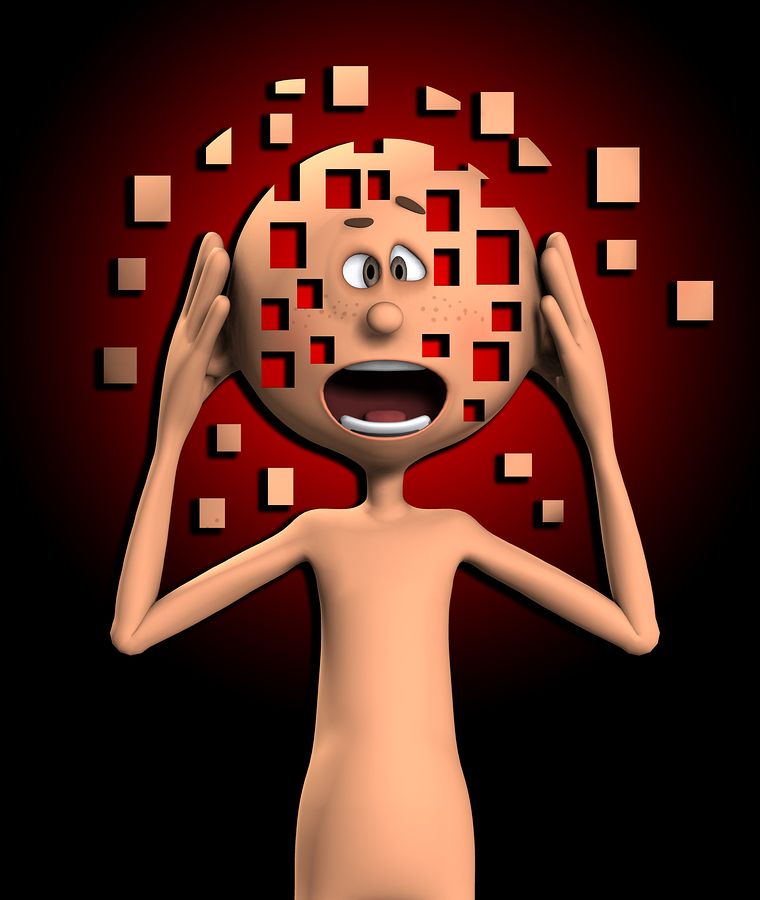Early Onset Alzheimer’s or Familial Alzheimer’s Disease
Learn about Early Onset Alzheimer's Disease (EOAD) symptoms, causes, and treatment options. Understand the genetic disorder that primarily affects people in their 40s and 50s and why early diagnosis is important.

When Alzheimer’s disease manifests before the age of 65, it is categorized as Early Onset Alzheimer's Disease (EOAD). This form of dementia is relatively rare, accounting for only about five percent of Alzheimer's cases and predominantly affecting individuals in their 40s and 50s.
If EOAD occurs in individuals without a family history of Alzheimer’s, it is referred to as "sporadic Alzheimer’s disease."
EOAD is associated with mutations in at least one of three genes: Presenilin 1, Presenilin 2, and the amyloid precursor protein, believed to be responsible for the formation of destructive plaques and tangles in the brain.
Clinical Features of Early Onset Alzheimer’s

EOAD is characterized by cognitive impairment that emphasizes visuospatial problems over memory loss. This may manifest as difficulties in judging distances accurately, assessing driving speed, walking into doorframes instead of through doorways, or becoming disoriented in familiar places as early as age 55. Individuals with a family history of the disease may be at increased risk of developing EOAD.
The contrasting symptoms of EOAD and typical late-onset Alzheimer's may be due to different patterns of cortical atrophy observed in MRI scans of EOAD patients.
Research suggests that EOAD and late-onset Alzheimer's could be distinct diseases, with the neocortex being more severely affected in EOAD. Genetics and environmental factors are thought to contribute to the timing of disease onset.
Genetics and Early Onset Alzheimer's Disease
Factors such as a person's overall health, stress level, educational background, and lifestyle choices may influence the development of EOAD, with a stronger genetic predisposition observed in EOAD cases. Late-onset Alzheimer's, on the other hand, may be more sensitive to environmental factors.
Early Onset Alzheimer’s Symptoms
EOAD is characterized by visual and spatial awareness issues, short-term memory loss, frequent misplacement of common items, and an inability to learn new tasks. Patients may struggle to form coherent thoughts and sentences due to word-finding difficulties.
EOAD patients may engage in unusual behaviors, like placing items in odd locations and forgetting about them. Personality and behavioral changes may also be noticeable to family and friends.

Obtaining a prompt diagnosis of EOAD is crucial for early intervention. Medical assessments, including blood tests, neurological, motor, and psychological evaluations, are performed to confirm the diagnosis. A family history of Alzheimer's should be disclosed to improve diagnostic accuracy.
While you can't change your genetic makeup, adopting a healthy lifestyle that includes regular exercise, stress management, social engagement, and mental stimulation may reduce the risk of developing both EOAD and late-onset Alzheimer's.
Maintaining good blood vessel health, which involves monitoring cholesterol levels, blood pressure, and blood glucose levels, is crucial in delaying the progression of Alzheimer's disease by ensuring adequate blood flow to the brain. This can substantially reduce the risk of developing EOAD and other forms of dementia.
You might also like this article:






